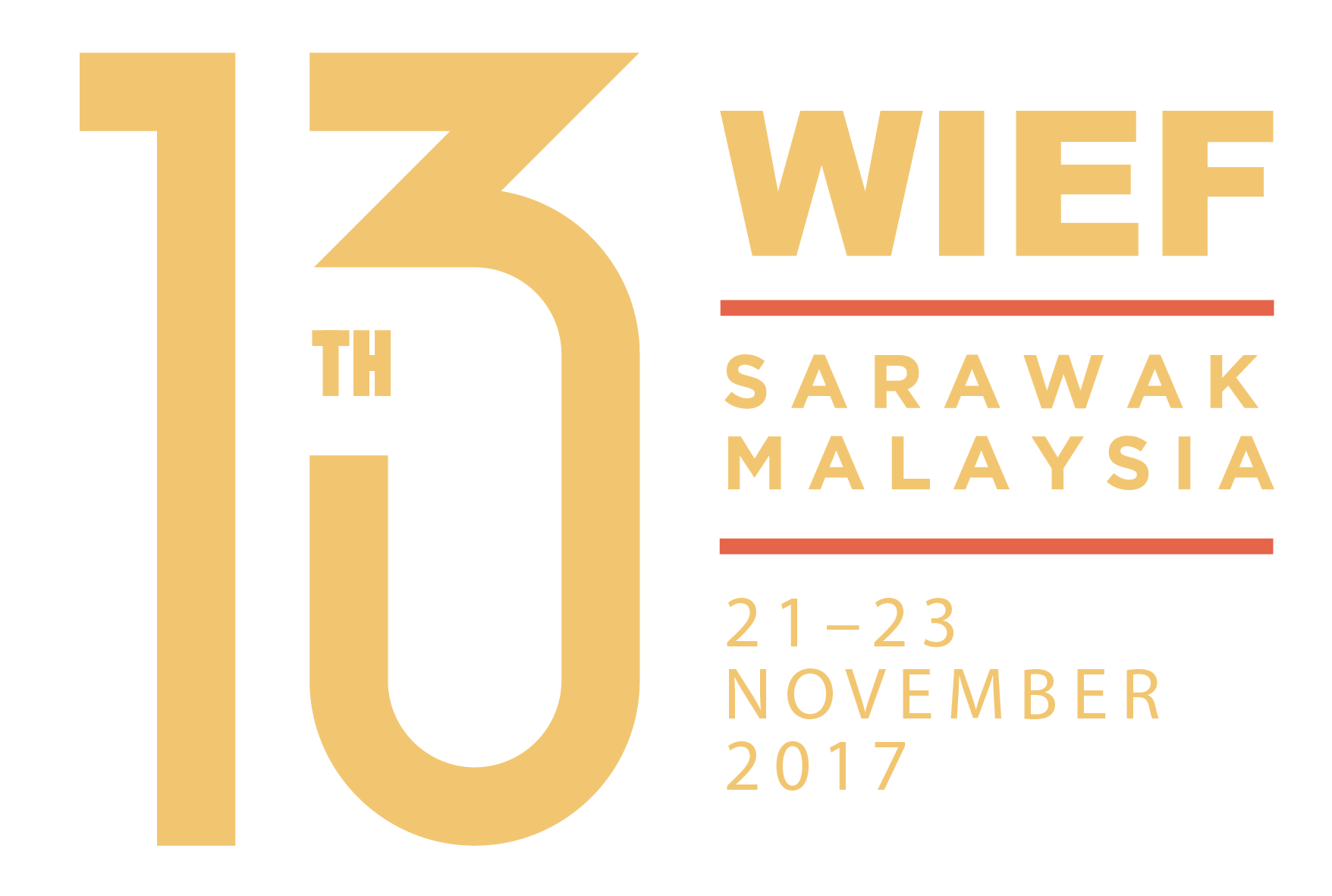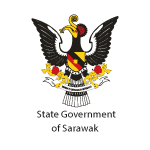Capacity-building is a must for a more appropriate response to crises
Jakarta, Aug 2 – The world is being fed a distorted view of the contemporary refugee crisis, with Europe in the limelight while the majority of refugees is in fact flooding African and Asian countries such as Somalia, Chad, Lebanon, Jordan and Turkey, according to International Federation of Red Cross & Red Crescent Societies (IFRC) Secretary General Elhadj As Sy, speaking at the 12th WIEF ‘Face to Face’ session today.
While Europe has stated that they can barely cope with the refugee crisis, As Sy observed that only 14% of the total global refugee flow arrive in Europe, compared to the 86% who end up in Africa, Asia and Latin America. In fact, the world’s biggest refugee camp is currently located in Kenya.
The good news is that local indigenous people have shown themselves as the first community to have responded to the crisis by showing the refugees hospitality, respect for human dignity and generosity. The world needs to learn from these indigenous people and build partnerships and collaboration to overcome the crisis.
With 17 million volunteers located across the globe, IFRC is committed to building the capacity of local communities to respond to any shock, to recover more resiliently and to elevate their standard of living by being able to turn crises into opportunities.
Mr. As Sy’s focused on the idea of “One Billion Coalition for Resilience” as a matter to revolutionize how we look at humanitarian development, by creating linkages with the business sector. His idea is to create resilience by engaging multiple stakeholders, especially businesses. His plan is to create business projects with refugees so that they are able to be independent and not rely solely on humanitarian aid. Humanitarian problems existing today cannot be solved only by political approach. Commitments from leaders to partnering with all stakeholders in building humanity are strongly needed.













































